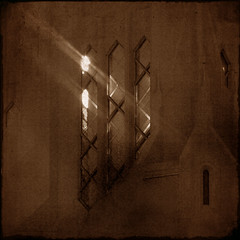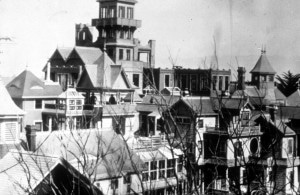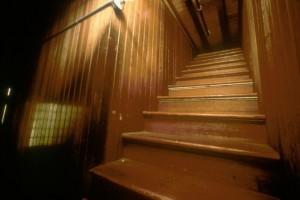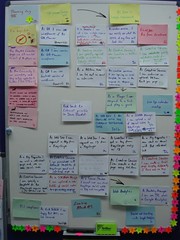I’m sharing my writing journey. Come share yours, too!
I can’t count the number of times I’ve seen an author interview where the author talks about how they’ve written stories since they were six years old and they remember it so well and they’ve written ever since, etc. etc.
I’ve always thought I’m not like them, that I came to writing a bit later, that maybe I’m not a “real” writer because I didn’t know how to type straight from the womb *wail*…
Writers are really neurotic, huh?
But the truth is, I think I might have always written. I remember before I could actually form letters and words, I would fill pages with horizontal squiggles, then use them as my “notes” to deliver my “newscasts.” My four-year-old, who’s currently learning her letters, does the same thing now to record her stories.

(You should hear the one about how she was born into the wrong family, a family of ghosts, made her escape, wandered in the woods, and finally found our house.)
I do remember quite vividly a first-grade assignment to write a book. I wrote about the make-believe game my sisters and I had played the day before with our family of Pound Puppies. (I remember the illustrations being excellent, but since visual art isn’t one of my skills, I can’t really comment on that!)
From there, I branched into short fiction—and onto the macabre side of the storytelling tree. I once made a birthday gift of a short short story about a haunted penny that brought only bad luck (Lincoln had fangs). I have almost no recollection of this, but my uncle insists I wrote a story about a baby getting caught in the cord of Venetian blinds (!!!). I also remember a short story about an ambulance driver on his first call who accidentally hits and kills a child on a bicycle. The driver sank into catatonic shock and eventually died, as well.
Apparently I didn’t know any other way to end a story back then. (I don’t even read horror or similar fiction now.)
Not long after this phase (which probably lasted from the time I was about eight until twelve), however, I found a new inspiration to write, and left the gore and macabre behind for something a whole lot lighter.
More about that in the next installment!
When did you start “writing”? What was your early writing like? Have you ever left a genre or style behind? Come join the conversation!
Pound Puppies photo by Meagan


 Almost year ago, I got text messages from two of my sisters within seconds, basically saying the same thing:
Almost year ago, I got text messages from two of my sisters within seconds, basically saying the same thing:
 My freshman year of college, my “honors” writing class final was to see Lord of the Rings: The Fellowship of the Ring on opening day. I’d never been interested in Tolkien (this is turning into a regular confessional column, isn’t it?), but who could say no to cheap tickets and an easy final?
My freshman year of college, my “honors” writing class final was to see Lord of the Rings: The Fellowship of the Ring on opening day. I’d never been interested in Tolkien (this is turning into a regular confessional column, isn’t it?), but who could say no to cheap tickets and an easy final?










